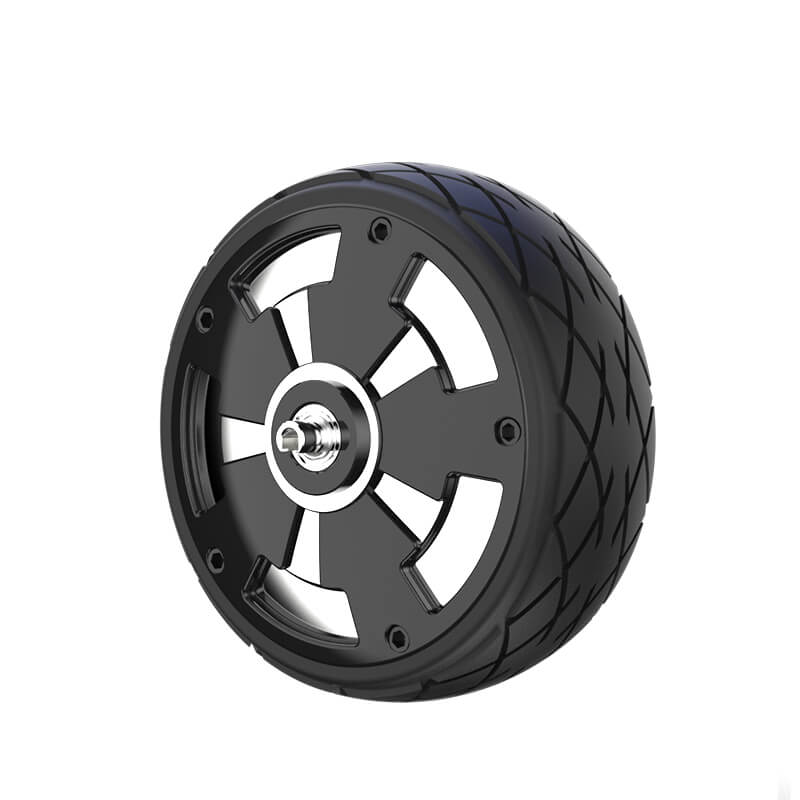When you’re diving into the world of motors, it’s easy to get lost in the details. But one of the most important distinctions to understand is the difference between brushless and brushed motors. This isn’t just some technical jargon—it can directly affect how your equipment performs, lasts, and how much maintenance it will require down the road.

What’s the Big Deal with Brushes?
A brushed motor works by using physical brushes to transfer electricity to the motor’s rotor. These brushes wear out over time due to the friction caused by constant contact. While they’re simple and inexpensive, they can be a bit of a headache when it comes to maintenance. The brushes wear down, and you may need to replace them every so often, depending on usage.
On the other hand, a brushless motor does away with these brushes altogether. Instead, it uses electronic controllers to direct the current to the motor’s coils. This means there’s less friction, less heat, and a longer lifespan. If you're after a low-maintenance solution, brushless motors win hands down.
Why Should You Care?
So, why does all this matter? Well, it’s all about performance and durability. Brushless motors, by nature, run cooler and more efficiently than brushed motors. They can handle higher speeds and higher loads without burning out. This makes them the go-to choice for demanding applications, whether you’re using them in drones, power tools, or even electric vehicles.
But brushed motors still have their place. They’re cheaper to make, which means if you're working with a tight budget or need something for light-duty tasks, a brushed motor could be the perfect fit. If you’re building a basic electric fan, or a toy car, a brushed motor will get the job done without breaking the bank.
What About Maintenance?
Ah, the dreaded word: maintenance. We all know that no one likes it, but it’s something you’ll need to consider when picking the right motor. As mentioned earlier, brushed motors require regular maintenance because the brushes wear out. This could be an issue if you’re working with equipment that needs to stay up and running at all times.
With brushless motors, there’s far less to worry about. Sure, you’ll still need to keep things clean and make sure there’s no debris, but the motor itself doesn’t require as much attention. So, if you’re looking to spend less time maintaining your equipment, brushless motors are your best bet.
Which One Should You Choose?
It really depends on your needs. If you’re working on a tight budget or don’t mind a bit of maintenance, a brushed motor might be all you need. But if you're looking for long-term performance, reliability, and minimal upkeep, then a brushless motor is worth the investment. You’ll pay a little more upfront, but you’ll save on maintenance costs and downtime in the long run.
The bottom line? Brushless motors generally win in terms of efficiency, durability, and low maintenance. They’re the future of motor technology, and for good reason.
Making the right choice between brushed and brushless motors could make or break your project. So, think about your needs, and go for the motor that fits your lifestyle.
Kpower has delivered professional drive system solutions to over 500 enterprise clients globally with products covering various fields such as Smart Home Systems, Automatic Electronics, Robotics, Precision Agriculture, Drones, and Industrial Automation.




































